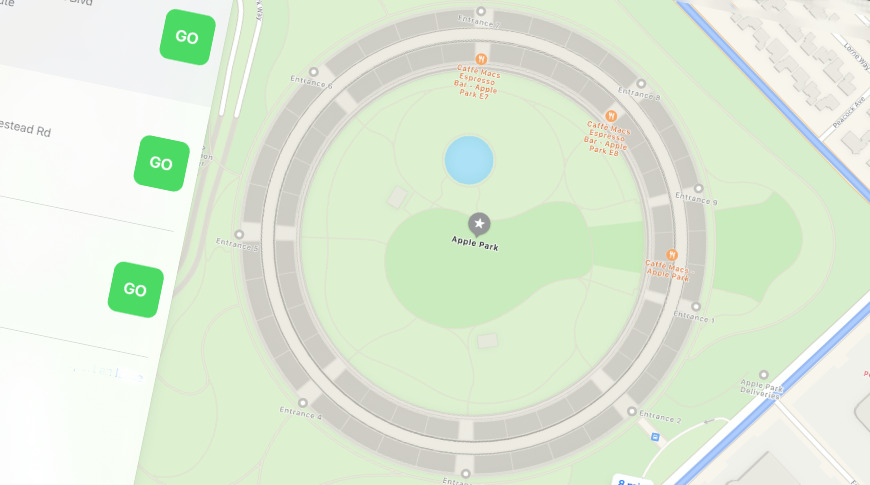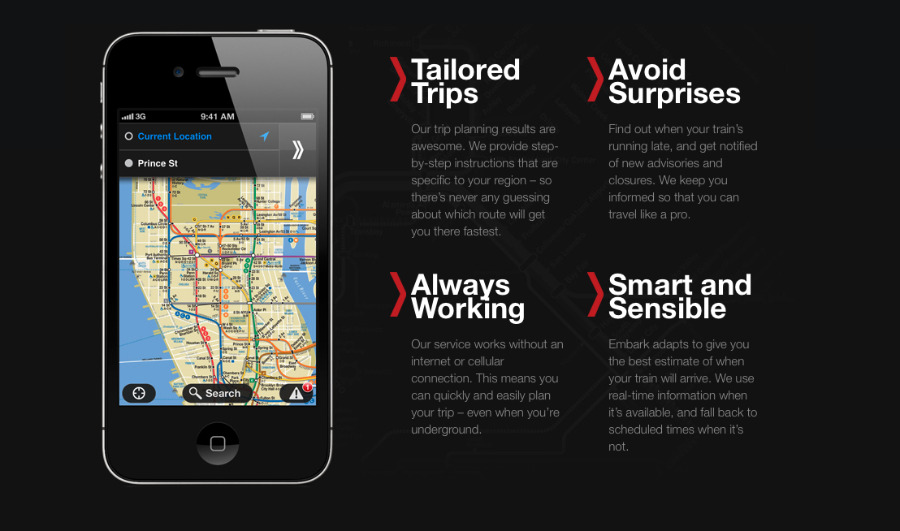Six years after Apple bought his transit app firm, David Hodge has revealed the tensions, the secrecy, and the conditions that Apple puts you through while buying your firm.
Back in 2013, while everyone else was watching Apple unveil macOS Mavericks, David Hodge was missing WWDC announcements because he was in the middle of selling his company. Even as Apple presented its news that Apple Maps was adding the 3D flyover, it was already negotiating to acquire Hodge' firm and improve future versions of its maps.
Now, six years later, Hodge has revealed a step by step account on Twitter of what happens when Apple buys your company.
2. What's it like to sell your company? Well, it's a hellish process that might kill your company if it doesn't work. Also, there's lots of paperwork.
— David Hodge (@DavidHodge) October 8, 2019
This is what my dining room table looked like on day 1 of diligence. pic.twitter.com/2u3I8hCIEU
In a series of 15 tweets, Hodge recounts how his company Embark was invited to visit Apple. At the time, Embark was an independent firm adding public transit features to Apple Maps in iOS 6
Ostensibly, this meeting at Apple was to discuss an improvement to a developer API that Embark wanted Apple to do.
"Turned out it was an audition for an acquisition," tweeted Hodge.
Even once Apple had made its intentions clear, and even though ultimately it did buy Hodge's Embark firm, the journey was fraught.
"What's it like to sell your company?" continues Hodge. "Well, it's a hellish process that might kill your company if it doesn't work."
While Hodge does not disclose what sums Apple eventually paid for the firm, he does reveal some of his costs. Simply negotiating with Apple required legal advice that cost dearly and ate into Embark's reserves. It ate into money that Hodge describes as the company's runway, the funds it had to keep going while it was growing.
"We also managed to rack up $195,000 in legal bills for a deal that might not close," he says. "Our runway went from a comfortable [approximately] 16 months to 8."
AppleInsider has spoken off the record with other firms who have been through this process and they confirm how constantly uncertain it is. Apple has a history of looking at multiple companies for similar purposes, such as when the original iTunes was made from SoundJam instead of Panic Software's Audion.
Similarly, AppleInsider has also reported on accounts from companies such as Luna Display who say Apple "used us for market research" before producing a rival to that firm's product.
Hodge reports that Apple even bought one of his firm's rivals.
"As I was in a meeting with the [Mergers & Acquisitions] team at One Infinite Loop," he continues, "the news leaked that Apple bought our competitor Hop Stop. My phone started blowing up. What did this mean for us?"
The protracted and serious secrecy over the negotations with Apple, says Hodge, put family relationships "under heavy strain." And Hodge himself started to have physical problems.
"Wasn't sleeping well," he explains, "and had developed an excruciating issue with my jaw from apparently clenching as I slept."
On August 13, 2013, the deal was completed — but the secrecy was not over. "We still couldn't tell anyone... So we celebrated by throwing a party for my co-founder's cat."
David Hodge and his colleagues joined Apple as part of the deal and Embark's features were incorporated into Apple Maps. Hodge stayed with Apple until 2016, shortly after which, he tweeted about the impact his company had brought to Apple Maps.
2/ Specifically, a year ago Apple announced Transit at WWDC. Was a highlight to eight years working on Transit / Mobility at Embark & Apple.
— David Hodge (@DavidHodge) June 9, 2016
Apple's most recent improvements to its maps include the addition of the Street View-like Look Around and greater detailing, including transit improvements, to major US cities.
 William Gallagher
William Gallagher









-m.jpg)






 Andrew Orr
Andrew Orr
 Malcolm Owen
Malcolm Owen


 Wesley Hilliard
Wesley Hilliard







-m.jpg)




25 Comments
I'm sure the process isn't easy. However, this really comes off as whining to me. Oh, you were stressed in your business life because an international company wanted to acquire your firm? You're kidding. You let it seep into your professional life? Go figure. The owner's entire story comes across like something that happened to him, as if he had no control whatsoever. Any business owner should go in with eyes wide open. Did he not anticipate legal fees and stress and the possibility the deal would fall through? Did he not have contingency plans? Did he not get some kind of assurance from Apple that they would help make him whole if it didn't come to pass? Responsible owners do these things. He obviously was interested, otherwise he would have shut it down right away. I don't see any accusation that Apple made him sell or threatened his existing relationship.
Now, as a former Apple employee, he gets to talk about how hard it was. I'm just not sympathetic.
Your autoplay Ai YouTube videos are pretty annoying. Having an ad play AFTER you tried to pause the first autoplay is x10 more annoying!
I bet the slags at “Beats by Dre” didn’t go through any of this.